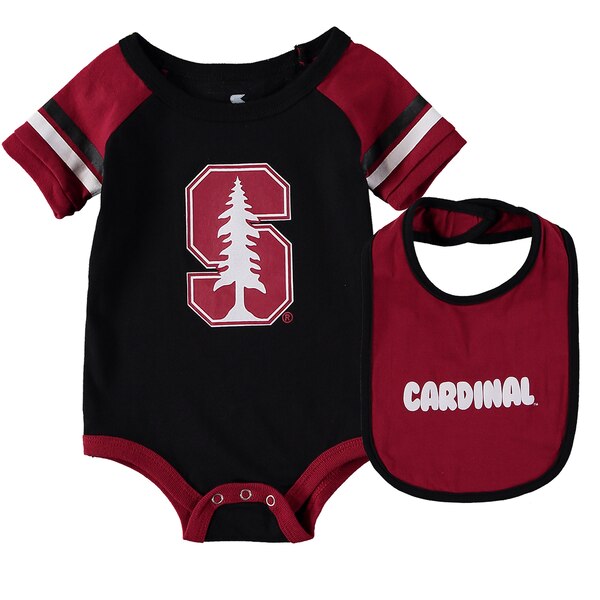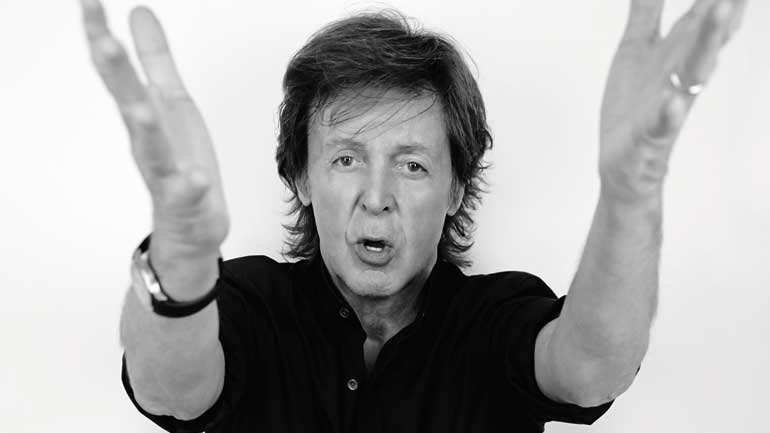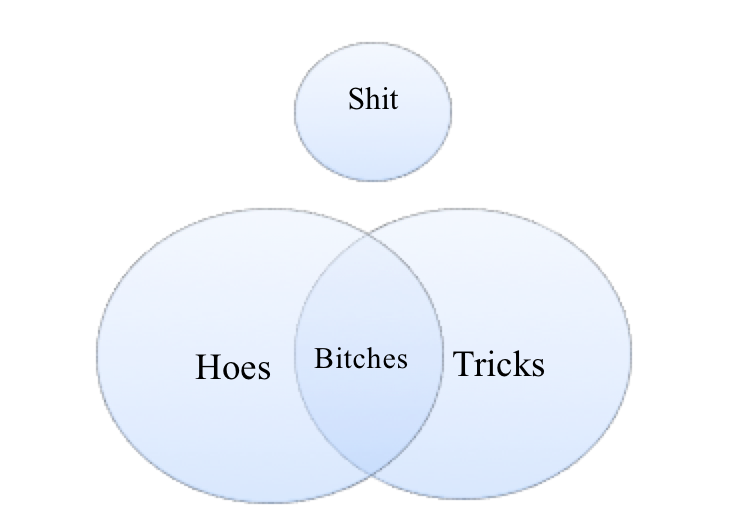After freshman Callen Outcault arrived on Stanford’s campus this fall, she started a YouTube channel to give high schoolers advice on how they, too, can get accepted into highly-ranked universities. Outcault posts almost daily, from camera-facing monologues about the importance of following your dreams to shaky first-person footage where she recites her SAT score over and over again while biking to class.
“It was just a resource I wish I’d had when I was going through the application process,” Outcault explained. “It’s a completely selfless act, obviously.”
As her channel gained an increasingly large following, Outcault also began reading viewers’ college essays and providing feedback. At first, Outcault charged a modest sum for each essay — usually five dollars — but as demand outstripped supply, her fee now lies in the range of one million dollars. In the process, critics have worried that wealthy families will gain an unfair advantage in the college application process.
“This knowledge should be available to everyone,” says John Krung, the father of a current high school junior. “My son should have as equal an opportunity to kiss the ass of a college admissions officer as the son of a wealthy family.”
The main value Outcault’s counseling provides is knowledge about the kind of person applicants should strive to imitate. Aspects of Outcault’s college application — such as her school clubs, AP courses, and a personal essay about how she learned to like poor people during a trip to a Third World country — are traits her clients weave into their own applications in hopes of getting the same results Outcault did.
“College counseling from current students is great, but high prices reinforce the structural advantages of upper-class families,” said Kieran Turner, author of 50 Yale Admissions Essays and How to Copy Them. “American families need to be more aware that these are not the perfectly-egalitarian institutions we make them out to be.”
Outcault has since acknowledged the criticisms and formed a plan to address it. “This year I’ll be selecting one underprivileged student to receive essay feedback for free,” she explained. “That should level the playing field.”






